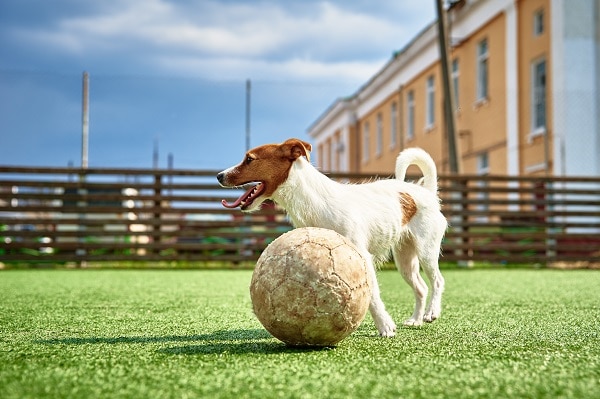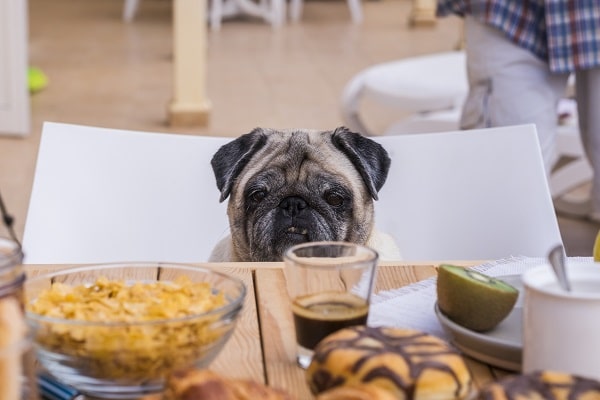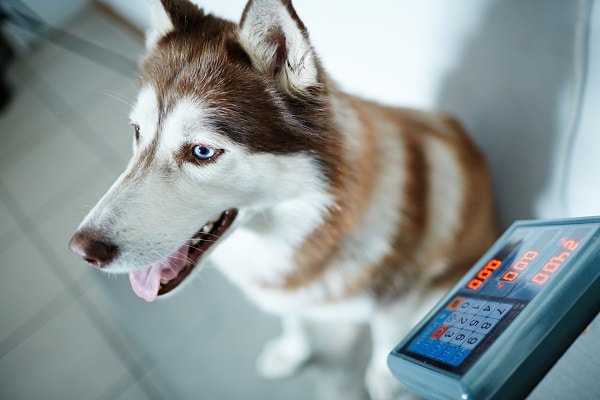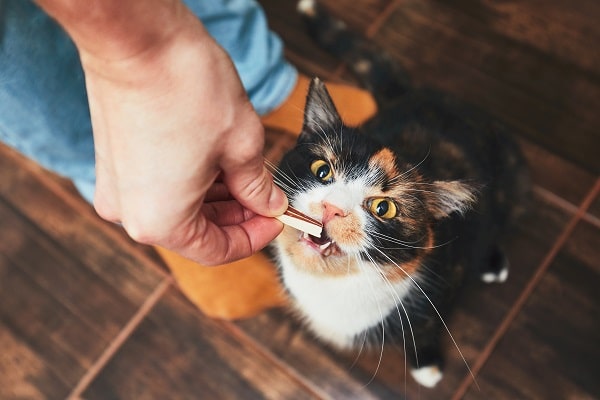The number of overweight and obese pets is on the rise in the United States, and it’s essential to take steps to help them stay slim. Pets are more than just animals. They are part of the family. Pets that are overweight or obese are at an increased risk for health problems. Fortunately, there are many things you can do to help your pet stay slim. This article will discuss some of the best tips for helping your pet stay trim. We’ll also explain how these tips can benefit your pet’s overall health and reduce the risk of dangerous health problems. So read on to learn more!
Regular Exercise

Exercise is an essential part of any pet’s life. It helps keep them healthy and slim and has several other benefits. Exercise can help reduce the risk of diseases such as cancer, heart disease, and arthritis. It can also help improve your pet’s mood and energy levels. And best of all, it’s easy to do! Just 30 minutes of exercise per day is enough to see positive results. There are many different types of exercises you can do with your pet.
Walking is an excellent option for dogs and cats, but you can also take your pet for a run or swim. If you’re unsure where to start, talk to your veterinarian or local animal shelter for advice. They’ll be able to help you find the proper exercise routine for your pet.
Don’t Feed Them Table Scraps

One of the worst things you can do for your pet’s health is to feed them table scraps. Table scraps will cause them to gain weight, but it can also lead to other health problems. Table scraps are usually high in fat and calories, contributing to obesity. They can also contain harmful chemicals and toxins that can be dangerous for your pet. In addition, table scraps can often contain bones or other sharp objects that can pose a choking hazard. If you want to show your pet some love, give them a healthy treat instead of table scraps. Your pet will be just as happy, and their health will thank you for it.
Watch Their Portion Sizes

Just like humans, pets can become overweight if they overeat. Overfeeding is one of the leading causes of obesity in pets. It’s essential to be mindful of the portion sizes you’re feeding your pet. Pet food manufacturers typically list the recommended serving size on the packaging, but it’s essential to read the label carefully. Not all foods are created equal, and some foods are higher in fat and calories than others.
An excellent way to measure the portion size is to use your pet’s weight as a guide. For example, if your pet weighs 10 pounds, you should feed them about 1/2 cup of food per day. Always consult with your veterinarian if you have questions about how much to feed your pet.
Give Them Plenty of Water

Water is essential for all animals, and pets are no exception. Water helps keep your pet hydrated and provides many other health benefits. It’s vital to make sure your pet has access to fresh, clean water. Pets that don’t drink enough water are at risk for dehydration, which can be dangerous. Signs of dehydration include excessive thirst, dry mouth, lethargy, and loss of appetite. If you think your pet is dehydrated, immediately take them to the veterinarian. You can also add ice cubes or low-calorie broth to their water bowl to help them stay hydrated and healthy.
Weigh Your Pet Regularly

One of the best ways to keep track of your pet’s weight is to weigh them regularly. Weighing them can help you identify any potential weight gain early on and take corrective action. You can weigh your pet at home with a simple kitchen scale or take them to the veterinarian for a more accurate reading. If you notice that your pet is starting to gain weight, it’s essential to take steps to help them lose weight. Helping your pet lose weight may include changing their diet or increasing their exercise routine.
Limit Their Treats

Treats are a great way to show your pet some love, but limiting their intake is essential. Treats are often high in fat and calories, leading to weight gain. In addition, many store-bought treats contain harmful chemicals and artificial ingredients that can be dangerous for your pet. If you give your pet treats, make sure they are healthy and low in calories. You can also make healthy treats at home using natural ingredients.
Conclusion
If you want to keep your pet’s weight in check, it’s essential to monitor their diet and exercise. A healthy lifestyle will help your pet maintain a slimmer figure and reduce the risk of obesity-related diseases like diabetes or cancer. Make sure they’re getting enough fresh water every day, which can combat dehydration and other health problems. Weight loss is not easy for any animal, but these tips should be able to get you started on the right track!
If all this sounds overwhelming, or if you have specific questions about how much food your pet needs per day, talk with a veterinarian. They will be able to help you with whatever you need!